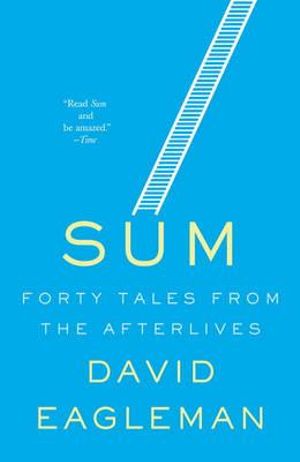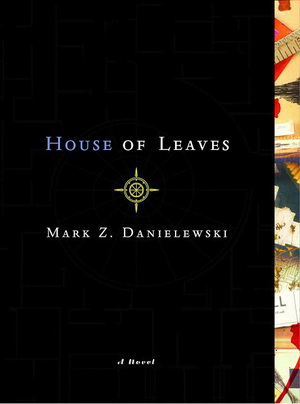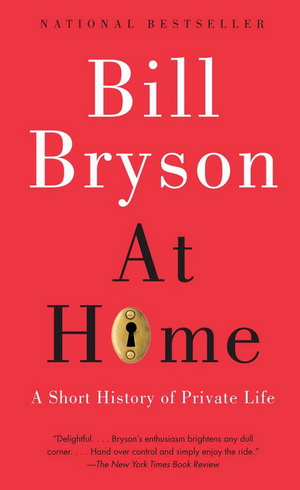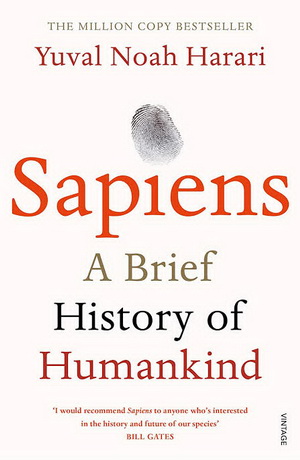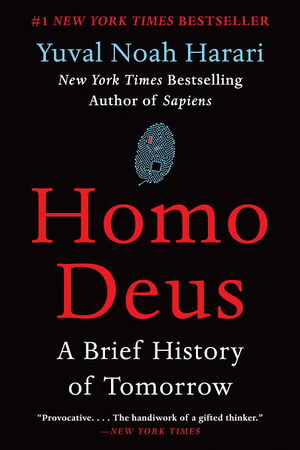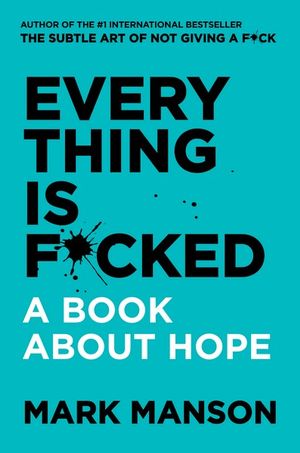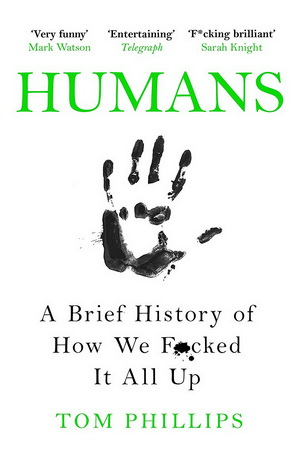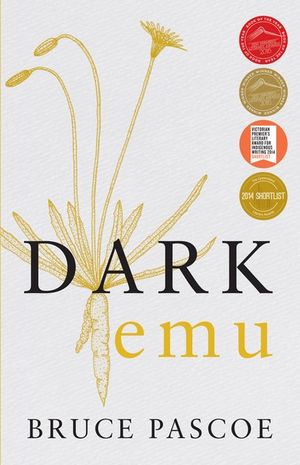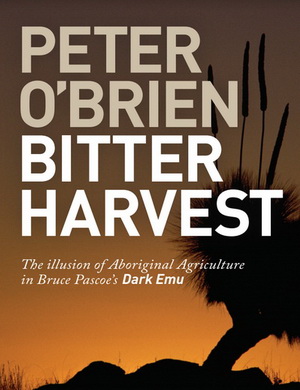My Reviews of Books I Read for 2019

Shôn Ellerton, January 17, 2020
During 2019, I only managed to squeeze in nine books, but most were certainly worth the read.
Each year, I make every effort to read as much as possible, taking little times out of the day, whether being on the train to work, settling before bedtime or en-route travelling somewhere. No doubt, I could have read far more during 2019, having sometimes simply resigned over to the TV watching Netflix shows, most of which I will forget in a week’s time of watching them.
Last year’s reading comprised mostly of non-fiction, so throughout the remainder of this year of 2020, I’ll try a balanced diet of fiction and non-fiction. I am a believer that reading fiction is just as important as non-fiction for reasons I’ll write in a future article.
So, what did I read last year? The first two are fiction. Let’s start.
Sum: Forty Tales from the Afterlives (2009) by David Eagleman
Just for the record, I personally know David Eagleman through my sister and remember having weird and wonderful conversations with him back in the early 2000s. One of those weird conversations was centred about if smell or odour has a mass. For example, if you continuously fart through a cushion, will the cushion’s increase in mass through time! You’re thinking, say what?
Sum is a very short book but just great fun to read. Spanning over many short chapters, Sum introduces us to various possible afterlives, some of them being outright hilarious and some, quite damning to conventional philosophy.
The perfect book for travelling. Small, light and entertaining. I need to read some of his other books now.
House of Leaves (2000) by Mark Z. Danielewski
My sister bought this book for me when I was visiting her in Seattle. She said it was a creepy book and well-worth the read.
The book, itself, is a bit of a monster. More than 700 pages of small print. Having a quick thumb through it, it’s laid out in three different fonts, several different page layouts including some of which have words going up and down, side to side, arranged in a triangle, and so on. And to boot, the word house is always in blue.
Looks interesting enough, so I started reading it.
It’s about a house which has an opening in the living room wall which leads to a corridor going off to a bunch of other doors. The funny thing is that the corridor shouldn’t exist as if you look through the outside window, only the outer face of the house is visible.
Anyway, the new owners, along with a friend or two, explore this tardis-inspired world and never find an end to it. They stumble around with flashlights in pitch blackness coming across leviathan-sized spiral staircases going down for days and days.
They get utterly freaked out, get chased by something or another and later the whole house starts to collapse in the style of Poltergeist, that horror movie of the 80s. Yeah, the one with the evil clown toy and the moving tree outside.
This book could have been easily compressed into 200 pages if it wasn’t for the tiresome plot of the reader in the story of the book who discovered the house story as part of a manuscript he found in an apartment of someone who recently died. We end up having to read all about his debauched and meaningless life.
I got very tired of reading it, so I ended up skipping all the text in the font depicting the life of the gormless and useless guy, far reducing the reading time to finish the book.
I love the storyline, but the way it is written is self-indulgent, over-arty and frankly, could have been so much better if written with more emotion and to skip all the crap about the layabout who discovers the manuscript.
So, technically, I missed out some of the book, but I get the gist of it. Makes a good doorstop!
At Home: A Short History of Private Life (2010) by Bill Bryson
I have a soft spot for Bill Bryson. Much of what he’s written is utterly absorbing and interesting. An American writer who married a British woman, having spent their years together living in both the US and the UK, Bill has a very good perspective on what life’s like on both sides of the Atlantic. My childhood was quite similar in the way that I went from the US to the UK, and then back again, and to return, once again to the UK to start my career in engineering.
This book centres on his very old house nestled on a village hill somewhere in Lincolnshire. Each chapter is devoted to a room of the house, for example, the bedroom, the bathroom, living room and so on. During each chapter, he gives us a wonderful bit of history about what it was like living hundreds of years ago. He talks about the filthy bedsheets most had to put with. The unsanitary conditions of going to the toilet. The hovel-like conditions of what housing would have been like thousands of years ago across Britain’s mainland. He talks about massive architectural and building feats from the Crystal Palace to the Eiffel Tower. The magnificence of crazy massive homes hardly anyone lived in like Fonthill Abbey which got destroyed by fire. How the wealthy gentry during the 18th century would gorge on amounts of food which could feed the Chinese army. And much more.
There’s so much here and I wish I could retain it all.
A great book which is easy to read.
Sapiens: A Brief History of Humankind (2011) by Yuval Noah Harari
I didn’t know much about Harari and I started to read his latest book, 21 Lessons for the 21st Century, which I found to be a little on the, how should I say this, obvious side. I eventually skimmed though it and found it not really a worthwhile read, certainly nothing I didn’t already know.
However, I gave Sapiens a go, and, my oh my, what a corker. This one little book runs through the whole history of mankind progressing through the cognitive, agricultural and scientific revolutions.
Want to know the difference between interbreeding and replacement theory? How about gossip theory? Humans have the power of gossip and fiction, something that other animals don’t possess. Did you know that it is highly likely that we could have been living with many other human species? Gods, nations, money, human rights, political structures, economic frameworks, you name it, it’s there.
It’s a bit more of a careful read. It’s not something which you could skim over, but it is interesting and not a difficult read at all.
I rate this book very highly, indeed.
Homo Deus: A Brief History of Tomorrow (2015) by Yuval Noah Harari
Having read Sapiens, I decided to give his sequel a read. Unlike Sapiens, Harari runs through the possible future of mankind.
He proposes a future where artificial intelligence takes over or has a much greater effect on our daily lives than ever before. For example, he gives us a little bit of a history of how algorithms are succeeding in ways that only humans could excel at; for example, being able to beat grand masters at Chess and the Chinese game, Go (Wei Qi), of which, some say as being the most complicated board game ever made.
He gives us a somewhat depressing picture of AI taking over all our daily activities. The free movement of data and its use to develop more intelligent structures through organically evolving algorithms. I recall a very early book by Fred Hoyle called A for Andromeda where a signal from space was interpreted by scientists who followed its instructions to build a computer. This computer, in turn, starts creating the formula needed to create a new organism through genetics, the first successful one being an alien called Andromeda who intends to start taking over the world.
He purports that the usefulness of man as Homo Sapiens will diminish with the proliferation of AI in the form of bots, drones, robots and the whole inter-connectivity of all our information systems and to then evolve to, perhaps, a new species. One which he coins as Homo Deus.
Some very interesting stuff though in the book. Clever Hans, the horse who could read people’s minds, the last speech of Ceausescu in which one man bravely shouted derogatory comments during the leader’s propaganda speech, the life of Aaron Swartz who got caught by the police uploading university journals from JSTOR to the public proclaiming that information should be free.
Not a bad read, but I started to tire towards the last half of the book. I don’t disagree what he wrote about, but much of what he did, just seems a bit on the obvious side to me towards the end.
Side by side with Sapiens, it looks good as a brace of books on the bookshelf!
Everything is F*cked: A Book About Hope (2019) by Mark Manson
Slap me on the wrist if you like, but I always liked Jeremy Clarkson, a very opinionated man who, on occasion, writes exceedingly funny observations on modern life, most of which he likes to rant through. On Twitter, he pointed out that a book called Humans: A Brief History of How We F*cked It All Up is a must-read. So, I walked in a bookshop and picked up Everything is F*cked: A Book About Hope mistaking this for the one Jeremy recommended. I knew there was a fuck in it, but I picked up a completely different book. So, what the fuck, let’s give it a go.
No matter. I read this book and really enjoyed it. It’s written in a sort of mix of being formal and really jargon-ridden or just, casual. Manson talks about planet warming, failing economies, hopelessness and a general feeling of malaise and degradation of the human race.
He aptly describes how easy it is to start a religion, how religions and ideologies are kind of the same thing, and how basically fickle we are in the way that we communicate as a race.
He runs through the theory of the importance of having pain and suffering to realise the good things of life. He quotes memorable experiments such as the ‘Blue Dot’ experiment how humans can never be truly happy. You can read more about that here.
The last bit of the book kind of runs on a bit in my opinion, as though it’s looking for a way to pad it out, but in general, it’s a very easy book to read and quite interesting, although a little on the depressing side.
There are some great quotes in this book which you can read in this link here.
Humans: A Brief History of How We F*cked It All Up (2018) by Tom Phillips
This is the one I was supposed to have picked up at the bookstore, but I managed to later get a copy of it.
From page one, this is a quite a funny book, although serious in nature. Phillips gives us a complete rundown how humans are absolutely brilliant in fucking things over.
Great things in the book include how some of our most amazing historical landmarks have disappeared. For example, an excavation company in central America that decided to demolish a Mayan pyramid, and then state that it was an accident.
Other things include weird and wacky people like this bloke who moved to New York City but loved Shakespeare so much that he wanted to bring every animal referenced in his works into America. This caused the massive destruction of crops throughout most of America with the introduction of starlings. How Mao in China issued the decree of the eradication of the four pests, one of which includes sparrows. Sparrows were almost completely eradicated only to find out that in its place was a pestilence of locusts.
Some of the most memorable bits of the book takes place in the American Pacific War where a small island in the far north was enshrouded with mist and the Americans were clambering around the island looking for enemies only to realise that they were shooting at each other. The Japanese had long gone! Another one takes place in Guam, where the Japanese didn’t properly communicate to the governor of Guam that they were at war with the Americans. The Americans landed, and the officials in Guam gave them a warm welcome only to later be told by the Americans, ‘Didn’t you know that we’re at war?’
The book is easy and not very long to read.
A book definitely worth reading!
Dark Emu (2014) by Bruce Pascoe
There’s a man here in Australia called Bruce Pascoe who claims he is indigenous. That’s what he says, but no one’s got the right to say otherwise.
He wrote a book called Dark Emu which has made a lot of media attention in Australia, much of it controversial, claiming that native Aboriginal society was not of the traditional hunter-gatherer lifestyles which many of us have been led to believe. But rather that Aboriginals had a complex agricultural society. Vast stores of grain were harvested. Sophisticated fisheries were built. Sedentary lifestyles were adopted much in the way that modern lifestyles revolve around the agricultural model. He describes townships containing thousands of natives and paints grandiose pictures of how they created bountiful parklands and communicated with killer whales to help them hunt fish.
Throughout the book, white settlers are thoroughly demonised. Little skirmishes that took place are blown out of all proportion the way the Pascoe describes them. Massive bloodshed! Merciless killing! Thousands of natives killed at the whim of a colonialist. It’s utterly fanciful.
I had to read this book to find out for myself. It’s a little dry insofar that he grabs numerous quotes from his very ample collection of references, around 200 of them.
I found the content of the book to be more fiction than non-fiction, and being very sceptical as to the sources, I set out to read the antithesis of Dark Emu. The next book on the list.
Pascoe; however, seems to know his flora and fauna, and I was interested to read a little about it in the book. His comments on why Australia should adopt a more native diet including eating more kangaroos and emus rather than European-based livestock seems sound in my opinion. If you’re really interested in the fragile ecology of Australia’s landscape, the look no further than Peter Andrew’s excellent book, Beyond the Brink.
It’s worth reading Dark Emu to get an understanding of how history can be re-written through collective approval rather than through facts and research. I am particularly concerned that he wrote a children’s book called Young Dark Emu, which I fear could be adopted by Australia’s education system. Moreover, I hear the ABC are going to do a TV version of this. Scary.
Bitter Harvest (2014) by Peter O’ Brien
Peter O’Brien does a very good job exposing Pascoe’s Dark Emu. This book was not easy to get as it is not nearly so well-known. Moreover, I highly doubt that the mainstream outlets would be selling the book on grounds of failing to adopt the public narrative which Bruce Pascoe tries to purport.
What O’Brien did is to go through every reference Pascoe alluded to in his bibliography on his book, Dark Emu. He must have gone through quite a lot of painstaking research, but the efforts are most definitely worth it.
It transpires that Pascoe is a master of omission. By carefully omitting parts of the original text, the story he so often construes is so different from what the original source is intended to tell, it’s almost comical. I was so spellbound by this that I had to go and research some of the material myself, some of which can be downloaded from the Internet. O’Brien is right in what he is saying in his book.
If you really want to read Dark Emu because you think you need to, please try to get a copy of Bitter Harvest. I urge you to. Reading both books gives a very good background of this topic.
Both books are not particularly long but they are certainly on the drier side of things.
And that’s it for my books of 2019!
